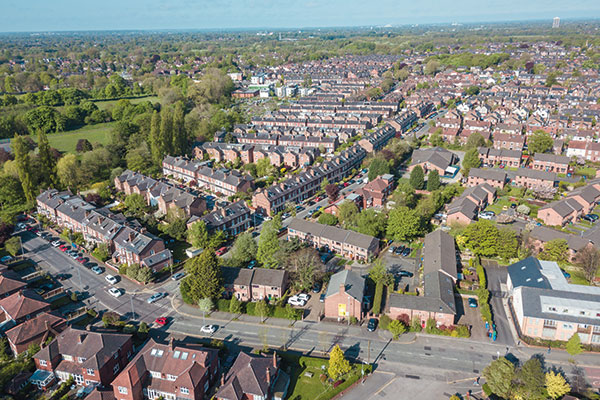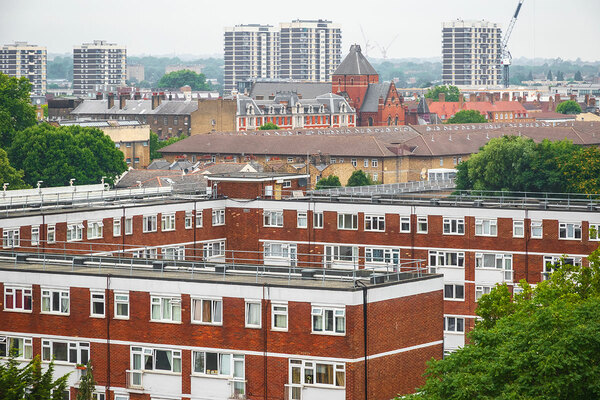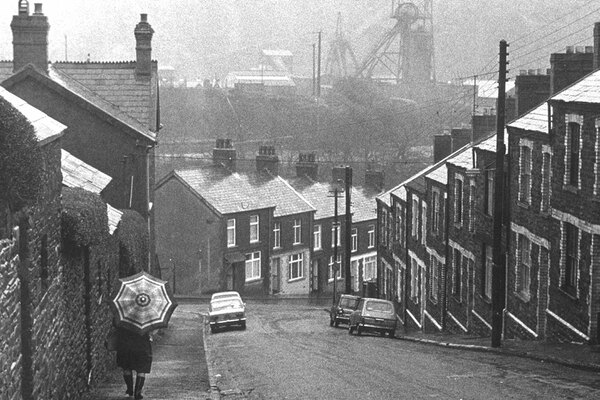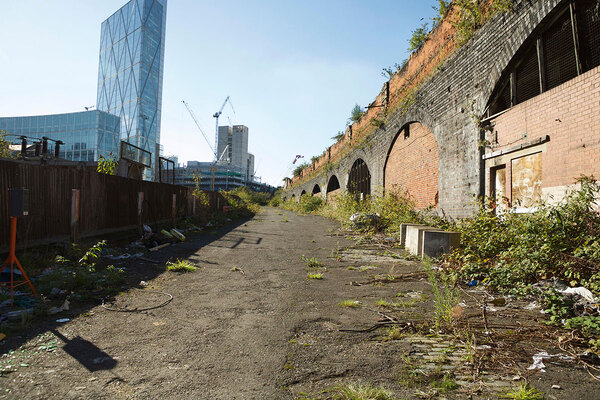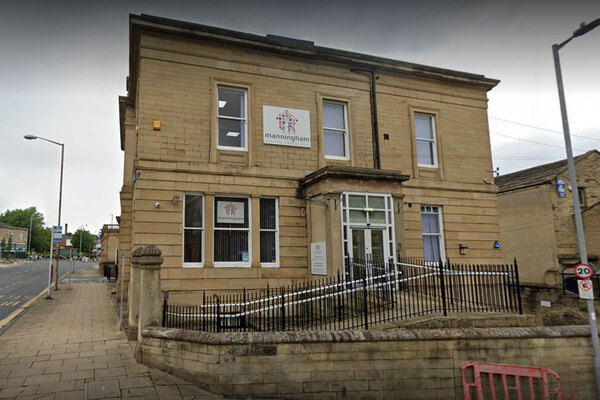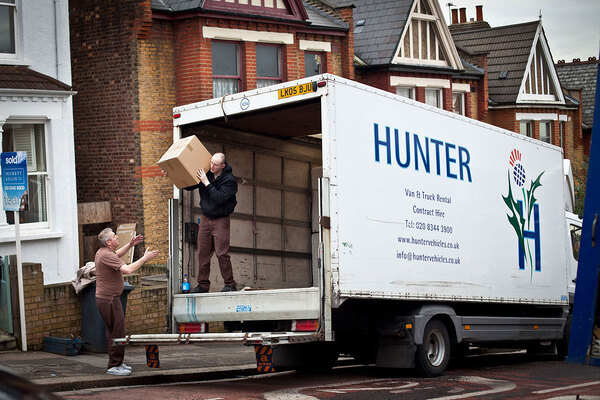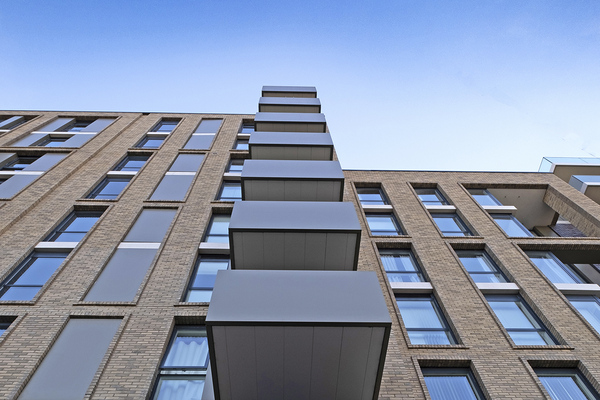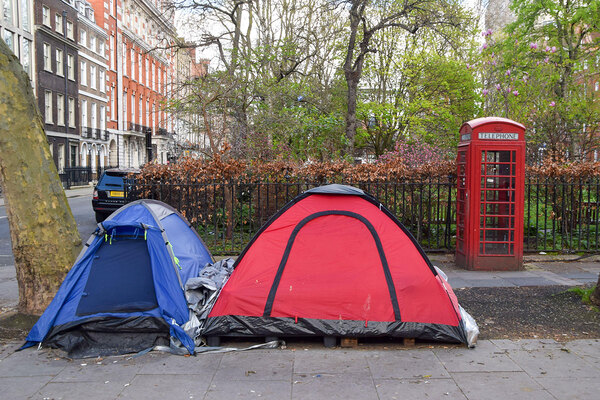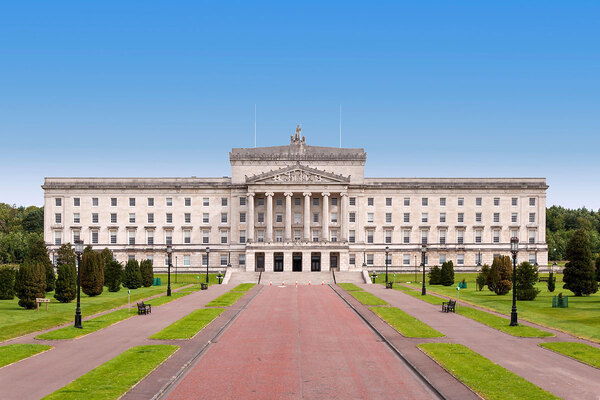You are viewing 1 of your 1 free articles

John Perry is a policy advisor at the Chartered Institute of Housing
Right to Buy is shocking value for money – a sensible government would ditch it
Right to Buy continues to fiercely divide opinion. Here, John Perry argues why he believes calling time on the 40-year-old policy is now the sensible thing to do
Here’s a good question for a pub quiz: what was Britain’s biggest ever privatisation? Was it British Gas, or perhaps water or electricity? All of these raised more than £5bn each but neither was the biggest.
Perhaps, surprisingly, the answer can be found in table 60 of the annual UK Housing Review.
The correct answer is, of course, the Right to Buy, which has so far raised over £55bn across England, Wales and Scotland and dwarfs all of the other privatisations.
In fact, adding the sales of all the privatised companies together produces a figure – £60bn – which is only slightly higher than the earnings from the Right to Buy.
It seems extraordinary that when the popularity of privatisation has ebbed and the opposition is talking about renationalisation of the rail network and water, that Right to Buy not only survived but has been reinvigorated.
It only continues in England, of course – in Scotland it ended in 2016, after more than 35 years, and in Wales it ended in January.
Even in Northern Ireland, where Right to Buy is called the House Sales Scheme, a consultation began last year in which scrapping the scheme is the favoured option.
In the meantime, the evidence against keeping the Right to Buy in England piles up. Different surveys have confirmed that of the houses sold, some 40% end up in the private rented sector, where the rents charged are usually far higher than the original council rents.
There are regular reports of convictions for Right to Buy fraud. Councils are having to buy houses back at inflated prices to house homeless families. And despite government promises, sales still far exceed the numbers of homes built or purchased to replace them.
In 2018, there were almost 11,000 sales by English councils but fewer than 5,000 replacements.
Right to Buy is also shocking value for money. The average receipt in England since the scheme began is only £25,000 per property (currently it’s about £83,000). The average discount, which fell sharply in the mid-2000s, has been running at over £60,000 per property since the policy was reinvigorated in 2012 and is typically more than 40% of the market value.
“Right to Buy is shocking value for money. The average receipt in England since the scheme began is only £25,000 per property”
The injustice of better-off tenants receiving such a huge lump sum subsidy while poorer households wait in vain for an allocation has never been more obvious.
Meanwhile, the proceeds of Right to Buy continue to grow by over £1bn per year, with much of the money going to the Treasury rather than being reinvested in new homes.
While calls to recycle more of the cash into housing investment are understandable, they detract from the main aim which should be to persuade the government that it’s time to suspend the Right to Buy.
After all, when politicians in Wales and Scotland decided to act, and suggested doing so in Northern Ireland, there were few political ructions.
By April last year in England, Right to Buy had led to 1,983,213 homes being sold since the scheme began in 1980.
Sales by councils – and by housing associations under the ‘preserved’ Right to Buy – continue to run at around 16,000 per year in total.
This means that very soon – perhaps while you are reading this article – the two millionth English council house will have been sold.
Surely, a sensible government could, if it wanted to, proudly point to the number of new homeowners the scheme has created over almost four decades and then quietly say “that’s enough”?
John Perry, senior policy advisor, Chartered Institute of Housing
